Ivermectin For Dogs is most used as a heartworm preventive in dogs and cats. It also used “off label” or “extra label” for treating a variety of internal and external parasites. For example, in dogs, ivermectin may be used to treat mites (demodectic mange, scabies, and ear mites), intestinal parasites (hookworms, roundworms), and capillaria. In cats, ivermectin may be used to treat ear mites and cat scabies. Many drugs are commonly prescribed for off-label use in veterinary medicine. In these instances, follow your veterinarian’s directions and cautions carefully, as they may be significantly different from those on the label. All dogs need parasite prevention to protect against heartworms and intestinal worms. Ivermectin (Heartgard, Stromectol) has long been considered a safe and effective parasite preventative for dogs. So, it is a common ingredient in many monthly parasite preventatives. Besides being used as a monthly preventative, ivermectin can also treat parasitic infections. Veterinarians prescribe tablets to treat mange and other parasites in dogs. It is a common anti-parasite medication in dogs. It prevents infection with heartworms and some intestinal worms, when given monthly. Veterinarians may also prescribe ivermectin to treat other parasites. When ivermectin enters a dog’s body, it travels through the bloodstream. Parasites living within the dog are exposed to the ivermectin through the bloodstream. Susceptible parasites become paralyzed, causing them to die. Ivermectin is included in many monthly oral heartworm preventatives. It prevents: Using an ivermectin-based heartworm preventative can ward off these infections. Some heartworm preventatives contain ivermectin combined with another anti-parasite medication. This combination provides protection against a broader range of parasites. Veterinarians also prescribe oral or injectable it to treat the following parasitic diseases: In these cases, it is use “off-label.” It’s give at higher doses than recommend for heartworm prevention. It may also be give more often than once a month. Ivermectin-containing heartworm preventatives often come as a chewable, flavored tablet. Your dog’s monthly dose of ivermectin is based on their body weight. Give one tablet by mouth once monthly, on the same day of every month — or as otherwise directed by your veterinarian. Off-label use of ivermectin requires a personalized treatment plan. Your dog may need ivermectin as often as once daily or as little as once monthly. Oral and injectable forms are available. Your dog’s treatment plan will depend on their specific diagnosis. Heartworm preventatives contain a very small amount of ivermectin. Side effects associated with them are very rare. Neurological side effects may occur with high doses of tablets, though. These side effects are more common in dogs with the MDR1 mutation. Dogs with this genetic mutation are more sensitive to many medications, including it. This mutation is most common in herding breeds, such as collies and Australian sheepdogs. The MDR1 mutation is diagnose with genetic testing. Dogs receiving high doses of tablets may develop neurologic side effects. These may include: These serious side effects are extremely rare in dogs receiving ivermectin heartworm preventative. They are only a concern in dogs receiving high doses of tablets. This is especially true if the dog has the MDR1 mutation. Serious side effects can also occur in dogs receiving an overdose of it. This often occurs when an owner gives horse or cattle ivermectin to their dog. Never give large-animal formulations of ivermectin to your dog. If your dog develops neurologic side effects, stop giving ivermectin. Contact your veterinarian immediately. Interactions between Tablets and other dog medications are rare. However, some interactions may occur in dogs receiving high doses of ivermectin. Medication interactions are also more common in dogs with the MDR1 mutation. Your veterinarian will let you know if your dog is at risk for these interactions. Tell your veterinarian about other medications your dog is receiving. These include prescription medications, over-the-counter medications, and vitamins/supplements. Doing so can reduce the risk of potentially harmful interactions. If you forget to give your dog a dose of ivermectin, give the missed dose as soon as you remember to do so. After that, continue giving ivermectin as recommended by your veterinarian. Do not give your dog a double dose of ivermectin. If you forget to give your dog several doses of ivermectin, contact your veterinarian for guidance.
What is Ivermectin For Dogs?
What is ivermectin for dogs, and how does it work?
What is ivermectin used for in dogs?
How is ivermectin dose and give for dogs?
What are the common side effects of ivermectin in dogs?
What are the most serious risks of ivermectin for dogs?
Does ivermectin interact with any other dog medications?
What should you do if your dog misses a dose of Ivermectin?
Shipping
Once your order is in processing it will likely be shipped that day. A shipping confirmation will be emailed to you accompanied with a track and trace number if applicable. The email will outline typical shipping times and how to contact us if you have any questions. We can ship to your home address or your work if you prefer. The shipping charge is flat $30.
Delivery
In most cases, once we received your payment, we promptly ship your order within 24-48 hours of you placing it. The delivery times entirely depend on the postal or shipping agencies. however, please allow up to 10 To 15 days for your order to arrive. You will be contacted if the order is likely to take any longer. To ensure the quickest confirmed delivery of orders, please make sure to include the COMPLETE postal address with the correct PIN/ZIP CODE. We will not be responsible for any postal delays resulting from incomplete address listings.



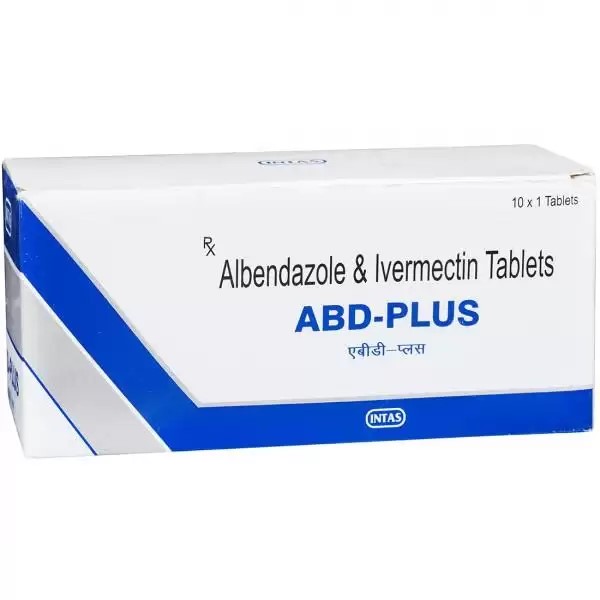



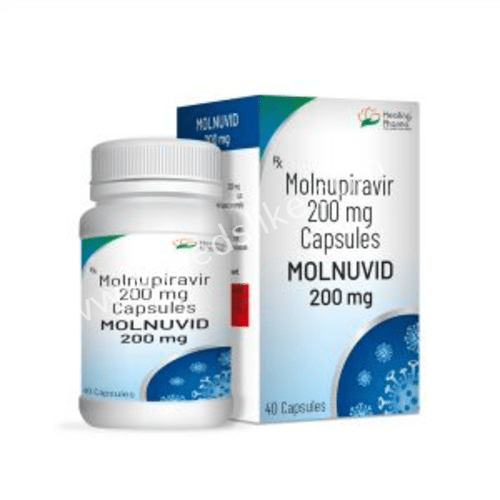
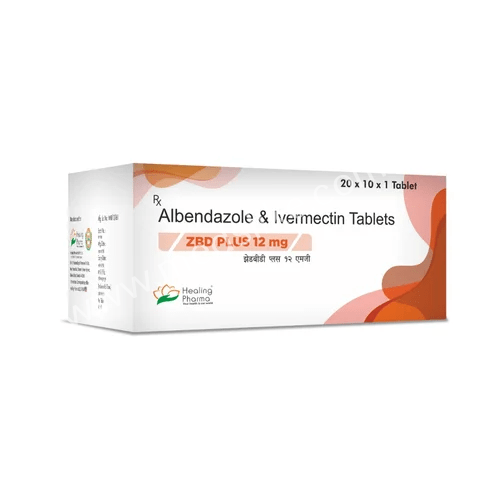
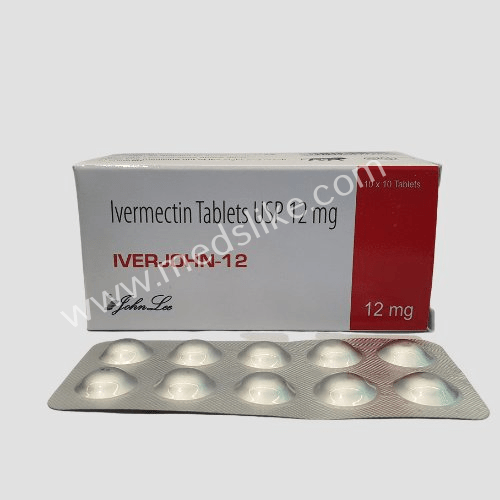
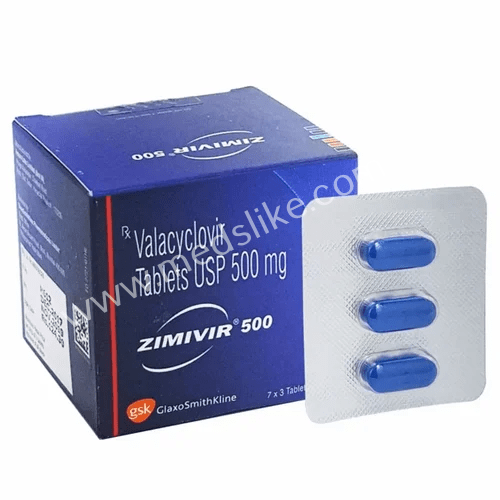



Reviews
There are no reviews yet.